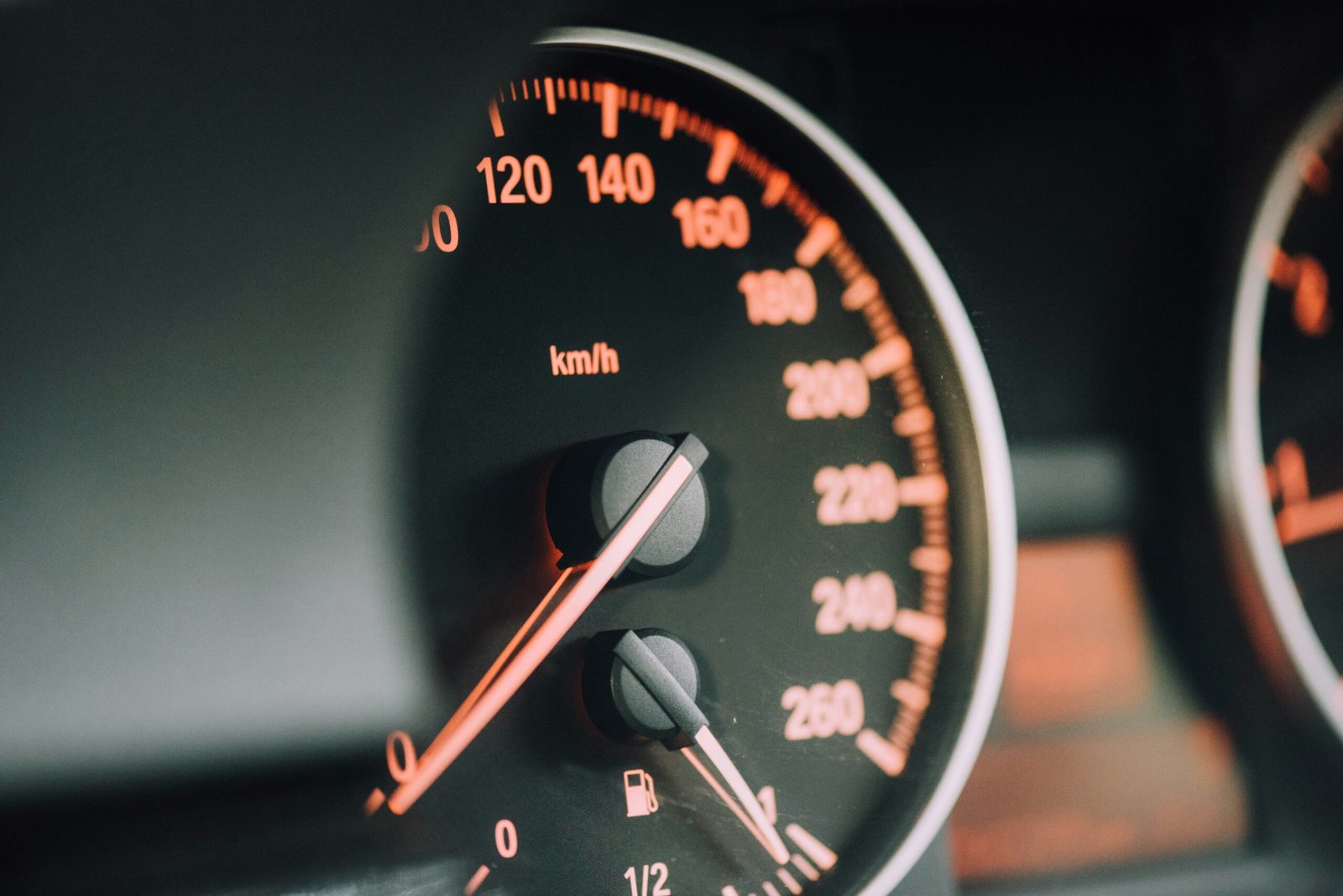Why Is Your Car’s AC Cooling Low? Common Causes and Solutions

Common Causes of Low AC Cooling in Cars
One of the primary reasons for reduced air conditioning efficiency in cars is low refrigerant levels. This can occur due to leaks in the system or an insufficient initial charge. Refrigerant is crucial for the cooling process, and any loss can significantly impact the AC’s performance. Leaks might develop in various parts of the system, including hoses, seals, or the compressor itself, necessitating regular checks and timely repairs.
Another common cause is clogged or dirty air filters. Air filters play a vital role in ensuring clean airflow through the AC system. When they become dirty or blocked, they restrict airflow, causing the AC to work harder to produce cool air. Regular maintenance and replacement of air filters can prevent this issue and improve overall cooling efficiency.
The compressor is a critical component of the AC system, responsible for circulating the refrigerant. A malfunctioning compressor can lead to inadequate cooling. Signs of a failing compressor include unusual noises or the AC not blowing cold air at all. Addressing compressor issues promptly can prevent further damage to the AC system.
Electrical issues such as blown fuses or faulty wiring can also result in low AC cooling. The electrical system controls various components of the AC, and any disruption can hinder its functionality. Regular inspection of the electrical components can help identify and resolve these issues early.
Problems with the condenser or evaporator are other potential culprits. The condenser, which dissipates heat from the refrigerant, can become blocked by debris or damaged, reducing its efficiency. Similarly, a malfunctioning evaporator, which absorbs heat, can lead to poor cooling. Ensuring these components are clean and in good working condition is essential for optimal AC performance.
Lastly, a broken cooling fan or a malfunctioning thermostat can also impact the AC’s ability to cool the car efficiently. The cooling fan aids in dissipating heat from the condenser, and any failure can lead to overheating and reduced cooling. Similarly, a faulty thermostat can mismanage temperature regulation, affecting the cooling process.
Effective Solutions to Improve Your Car’s AC Cooling
Addressing low cooling in your car’s air conditioning (AC) system often begins with basic troubleshooting steps. One of the first actions to take is checking and replacing the air filters. Clogged or dirty filters can significantly impede airflow, reducing the system’s efficiency. Ensure you replace the air filters regularly to maintain optimal performance.
Another critical aspect is inspecting the coolant level. An inadequate coolant level can lead to inefficient cooling, so it’s essential to maintain the appropriate level specified in your vehicle’s manual. If the coolant is low, topping it up may resolve the issue.
Next, examine the system for refrigerant leaks. Leaks can cause the refrigerant to deplete, leading to insufficient cooling. To inspect for leaks, look for oily residue around AC components or use a leak detector. If a leak is found, it is necessary to repair it before recharging the system with the correct type and amount of refrigerant.
Cleaning or replacing a faulty condenser or evaporator can also enhance AC performance. Dirt and debris can obstruct these components, reducing their ability to transfer heat effectively. Regularly cleaning these parts or replacing them if they are damaged can restore cooling efficiency.
The compressor is the heart of the AC system, and its maintenance is crucial. Ensure that the compressor is functioning correctly by listening for unusual noises or checking for signs of wear. If the compressor is faulty, it may need to be repaired or replaced to improve cooling.
Regular maintenance of electrical components and the cooling fan is equally important. Faulty wiring or a malfunctioning cooling fan can hinder the AC system’s performance. Regularly inspect these elements to ensure they are in good working condition.
While basic troubleshooting can resolve many issues, some problems may require professional assistance. If the steps mentioned do not restore the AC’s efficiency, it is advisable to consult a certified mechanic. Professional diagnosis and repair can address more complex issues, ensuring that your car’s AC system operates at its best.



